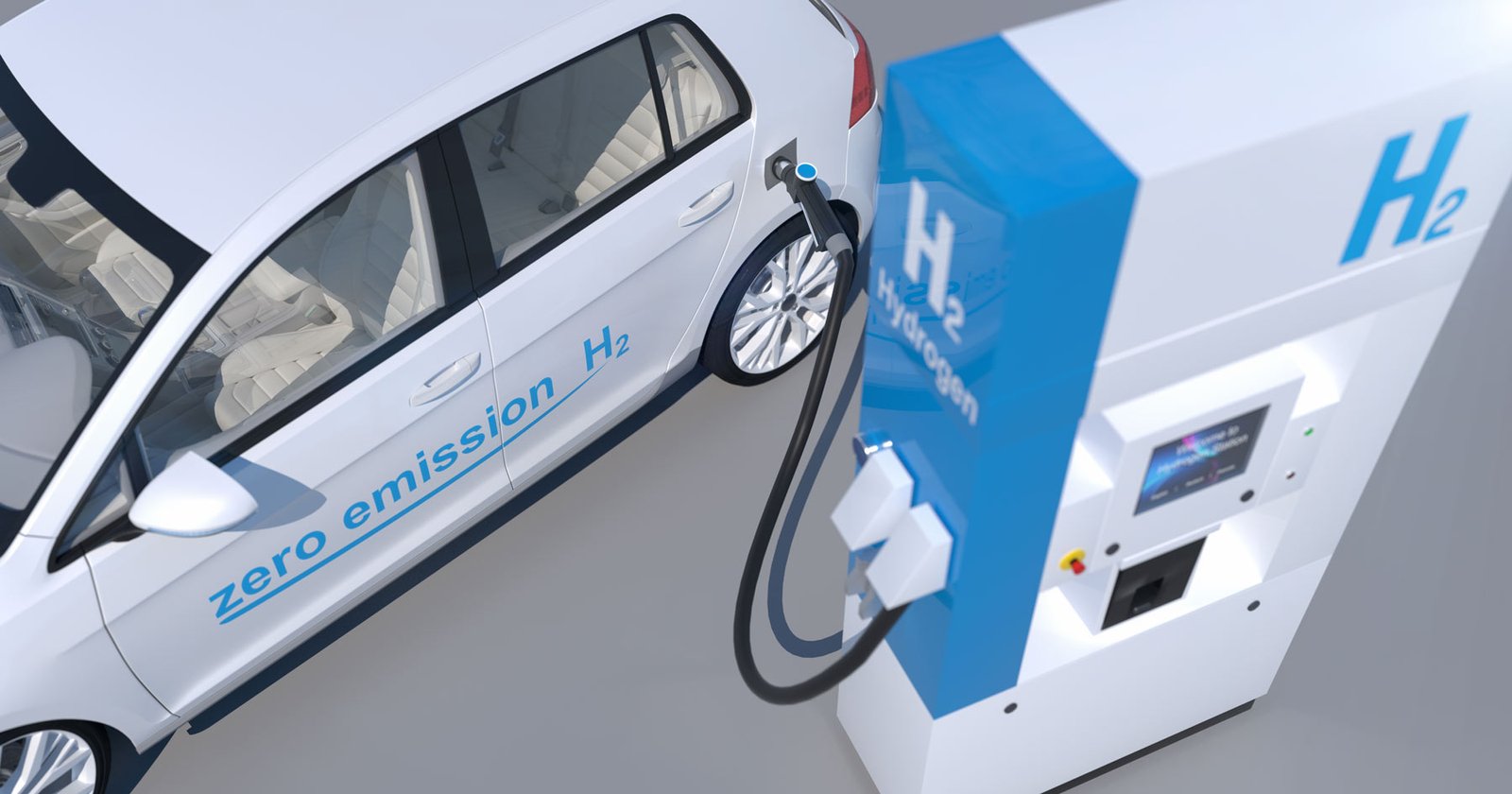Introduction
Hydrogen has emerged as a promising alternative fuel that could revolutionize our energy landscape and combat climate change. However, the widespread adoption of hydrogen as a fuel source is currently facing several challenges. From production costs to infrastructure limitations, these obstacles hinder the realization of a hydrogen-based economy.
In this article, we will explore the key areas where the world is faltering in the adoption of hydrogen as fuel and discuss potential solutions to overcome these challenges.
Cost of Production
One of the primary hurdles in harnessing hydrogen as fuel lies in its production cost. The most prevalent method of hydrogen production today involves steam methane reforming, which relies on natural gas and emits carbon dioxide as a byproduct. While cost-effective, this process contributes to greenhouse gas emissions, undermining the environmental benefits of hydrogen as a clean fuel source.
To address this, significant efforts are being made to develop alternative methods such as electrolysis. Electrolysis utilizes renewable electricity to split water molecules into hydrogen and oxygen, offering a greener production pathway.
However, electrolysis currently remains relatively expensive, primarily due to the high cost of renewable energy sources. Widespread adoption of renewable energy and advancements in electrolysis technology are necessary to reduce the cost and carbon footprint associated with hydrogen production.

Infrastructure Development
Establishing a robust hydrogen infrastructure is crucial for its widespread adoption. Currently, the infrastructure for hydrogen production, storage, transportation, and refueling is limited. Building a comprehensive network of hydrogen infrastructure requires significant investments and coordination among governments, industries, and stakeholders.
To overcome this challenge, countries around the world need to implement supportive policies and incentives to promote the development of hydrogen infrastructure. Governments should provide financial support for research and development, incentivize private investments, and establish regulatory frameworks that encourage the integration of hydrogen into existing energy systems. Additionally, collaborations between industries, such as energy companies and automakers, are vital for the expansion of refueling stations and the deployment of hydrogen-powered vehicles.

Storage and Distribution
Efficient storage and distribution systems are essential for the successful integration of hydrogen as a fuel source. The low energy density of hydrogen presents a challenge, requiring specialized infrastructure and technologies for safe storage and transportation. High-pressure tanks and liquid hydrogen storage are common methods, each with their own considerations.
Solid-state storage using materials like metal hydrides shows promise for safe and efficient storage. Furthermore, establishing a robust distribution network involves developing pipelines, refueling stations, and integrating hydrogen infrastructure with existing energy systems.
Collaborative efforts between governments, energy companies, and stakeholders are vital to invest in the necessary infrastructure and ensure widespread access to hydrogen fuel.

Technology and Efficiency
Advancements in fuel cell technology are vital for maximizing the efficiency and performance of hydrogen as a fuel source. Fuel cells, which convert hydrogen into electricity, are used in various applications, including transportation and stationary power generation. Improvements in fuel cell durability, efficiency, and cost-effectiveness are necessary to make hydrogen a competitive option.
Research and development initiatives should focus on enhancing fuel cell technologies and exploring new catalyst materials to drive down costs and increase energy conversion efficiency.
Additionally, collaboration between industries and academia can accelerate the development of innovative solutions, such as fuel cell hybrid systems and integrated energy storage, to maximize the potential of hydrogen as a fuel.

Conclusion
While hydrogen holds tremendous potential as a clean and versatile fuel, global adoption faces significant challenges. Overcoming these hurdles requires a collaborative effort among governments, industries, and research institutions to address the cost of production, expand infrastructure, improve storage and distribution, and advance fuel cell technology.
With concerted efforts and investments, hydrogen could play a crucial role in transitioning towards a sustainable energy future, reducing greenhouse gas emissions, and combating climate change. By tackling these obstacles head-on, we can pave the way for a hydrogen-powered future that is both environmentally friendly and economically viable.




